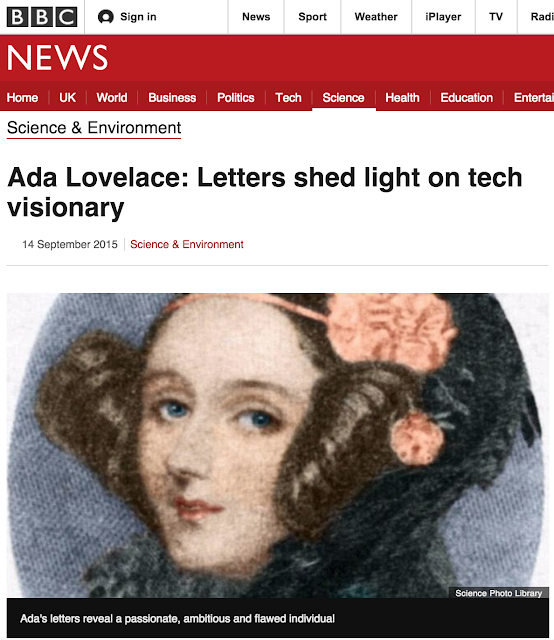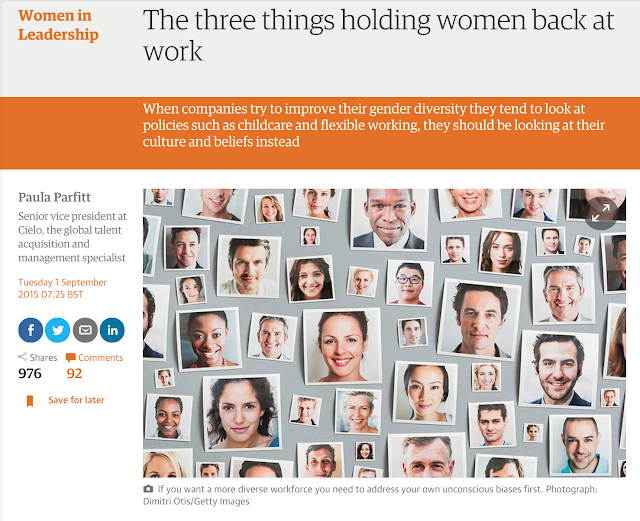Source: www.theguardian.com/film/2015/sep/27/sexism-film-industry-stories
Quotes:
“The director is considered the general, and just like in the military, they still can’t picture anyone not born with the Y chromosome with that title. The industry still insists on telling most stories from a male point of view and even if women write male-driven fare, they’re assumed to be less competent at it.”
“The figures support the idea that men are perceived mainly as the directors. This conditioning affects women as much as men, and therefore some women looking to hire directors may think about the men out there before women.”
“I have experienced sexism at work. Most of the time it’s a refusal to do what you’ve asked, or to doubt the legitimacy of the instruction.”
“Until recently, women represented less than 1% of all cinematographers. Now there are many more, but progress has been slow and double standards persist. I’ve heard, for example, that if a male director is being picky, people say he has a strong vision. With a woman, people will say she is being difficult. It’s also common to assume that kindness is a sign of weakness. The tendency is to idolise directors who are arrogant and dismissive in the way they wield their power. … Women directors have traditionally found more opportunities in independent cinema, where the focus is more on making good films than box office.”









